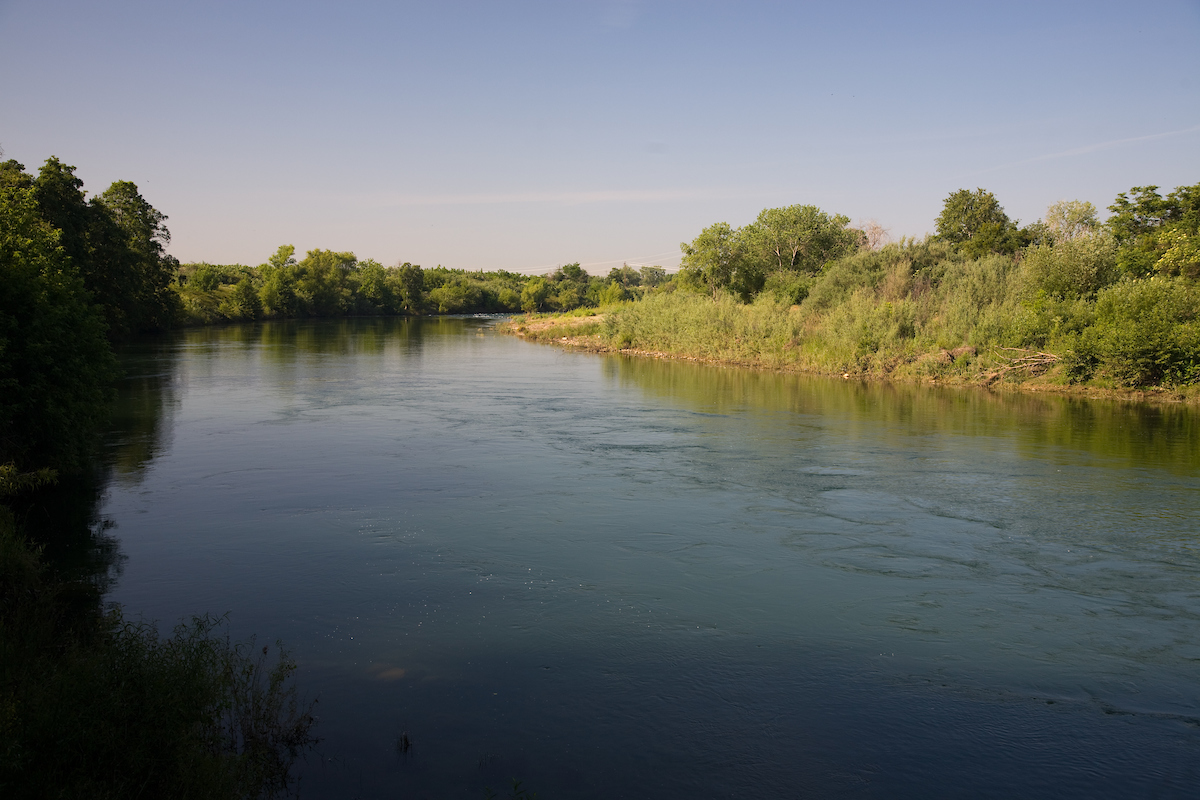
Yuba River
Credit: DWR
May 27, 2023 - The U.S. Supreme Court issued a decision that significantly reduces the scope of the Clean Water Act and diminishes the federal government’s ability to protect thousands of miles of rivers, streams, creeks and adjacent wetlands throughout the Western U.S.
Though the State Water Resources Control Board is extremely disappointed in the decision and the adverse impacts it will have nationally, it only narrows the scope of federal jurisdiction and does not weaken California’s more stringent wetlands protections. Under the Clean Water Act and the state’s Porter-Cologne Water Quality Control Act, the State Water Board retains regulatory authority for protecting the water quality of nearly 1.6 million acres of lakes, 1.3 million acres of bays and estuaries, 211,000 miles of rivers and streams and 1,100 miles of coastline.
In Sackett v. EPA, the court held led that, for a wetland to be protected under federal law, it must be indistinguishable from the water of the U.S. to which it is connected, or in other words, when you can't tell where one begins and the other ends.
The ruling effectively will require California to increasingly rely on its own regulatory wetlands protection programs, deprive the state of expertise previously provided by the U.S. Army Corps of Engineers and affects multiple neighboring states.
The Colorado River Basin, for example, one of the region’s critical water supplies, will no longer be afforded full federal protection. While the Colorado River main stem remains subject to minimum federal protection, today’s decision puts at risk the intermittent streams and rivers that feed the river and adjacent wetlands that do not appear to meet the court’s relative permanence or continuously flowing test.
Background:
Wetlands provide an important buffer and filter protecting our nation’s waters, but in the semi-arid watershed, most will not be able to satisfy the court’s requirement for a “a continuous surface connection to bodies that are ‘waters of the United States’ in their own right, so that there is no clear demarcation between ‘waters’ and wetlands.”
The Clean Water Act, which establishes the basic structure for regulating pollution in U.S. waters, remains an important tool for the board to preserve, enhance, and restore the quality of California’s water resources and is achieved by the following:
- Surface Water Quality Assessment Program, which establishes designated water uses, sets water quality criteria to protect those uses, and develops antidegradation planning to keep waters clean and to protect existing uses.
- Non-Point Source Pollution Control Program, which minimizes pollution from agriculture, urban development, forestry, recreational boating and other activities when pollutants are picked up and carried by water travelling over land.
- National Pollutant Discharge Elimination System Program, which regulates discharge into waters from point sources of pollution such as wastewater treatment plants, industrial facilities, concentrated animal feeding operations, and stormwater systems.
- Clean Water State Revolving Fund Program, which offers low-cost financing for a wide variety of projects to preserve, enhance, and restore the quality of California's water resources.
The State Water Board is responsible for preserving, enhancing, and restoring the quality of California’s water resources and drinking water for the protection of the environment, public health, and all beneficial uses, and to ensure proper water resource allocation and efficient use, for the benefit of present and future generations.
Source: CA. State Water Board








